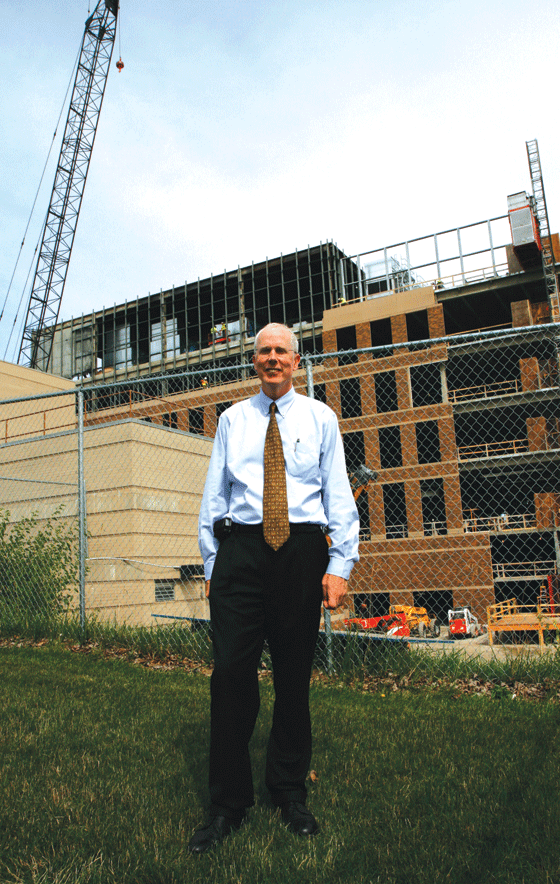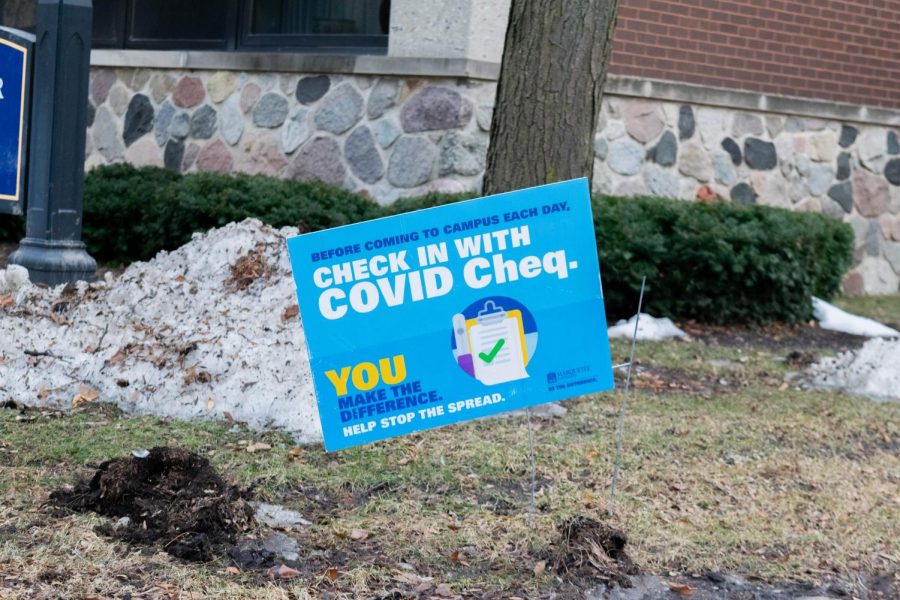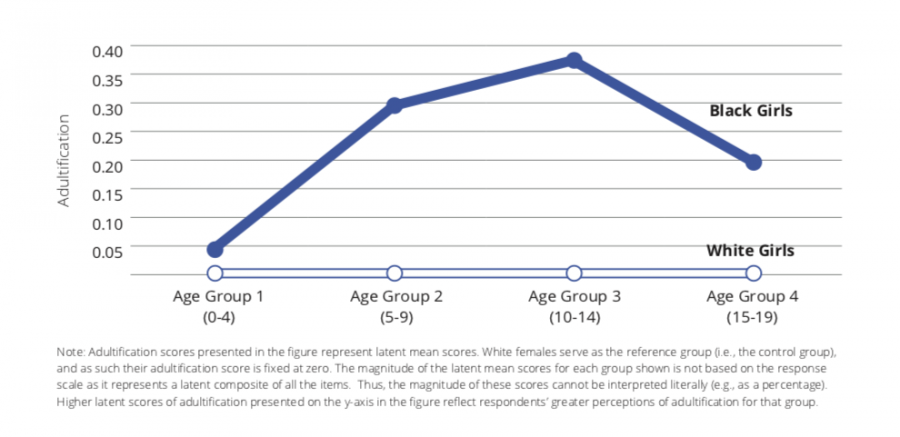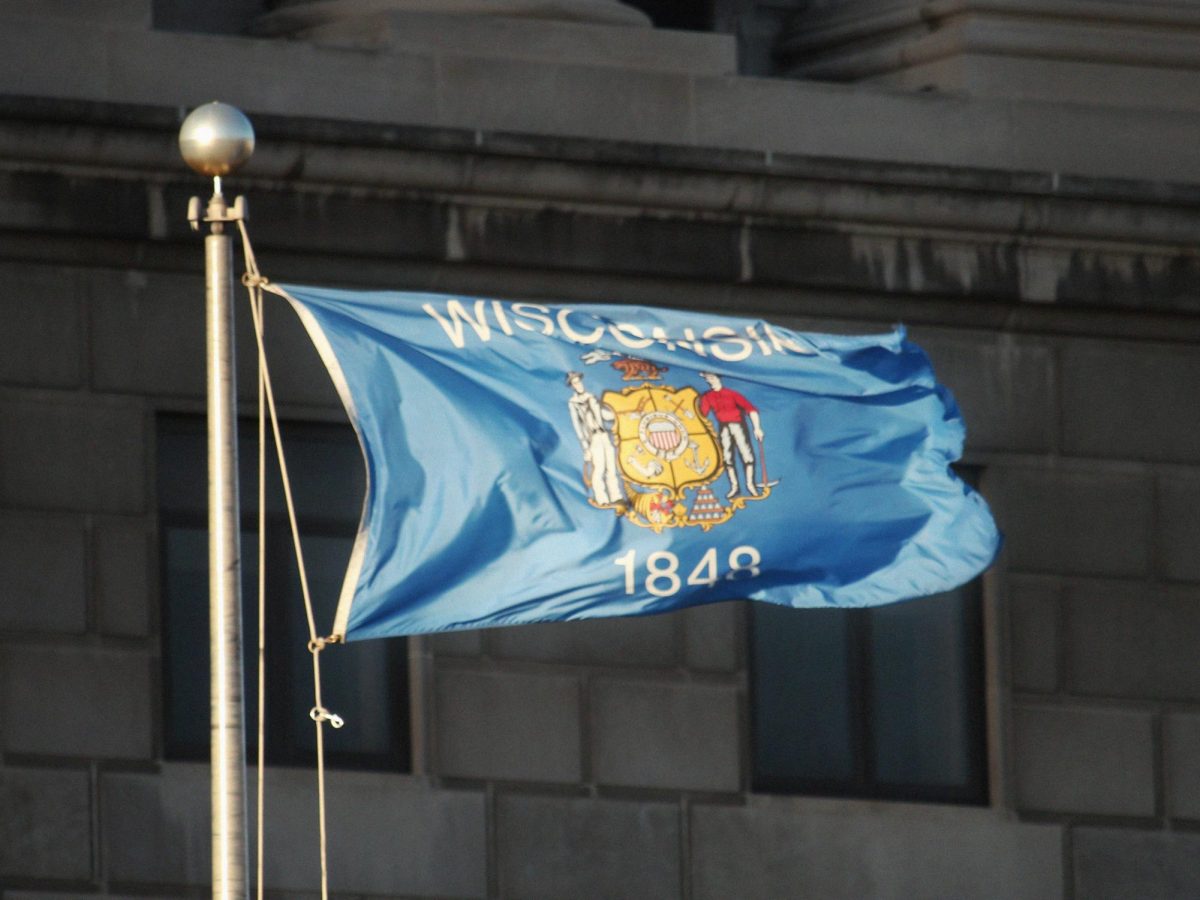Teachers are retiring from schools across the state of Wisconsin en masse, with the Milwaukee Public School system being hit especially hard, according to one local education leader.
Bob Peterson, president of the Milwaukee Teachers’ Education Association, said since the end of last year, the city’s school district has lost 408 teachers, substitutes and teacher assistants to retirement. MTEA is an union made up of 6,000 Milwaukee educators.
Statewide, nearly 5,000 teachers are reported to have retired in the last year, twice the amount of retirements in the state from the entire two years prior. Peterson, who said he personally knew a number of the recently retired teachers, said he believes the main factor invoking record retirement numbers is fearfulness surrounding the law passed in March limiting collective bargaining rights for public employees.
“The (law) limits — eliminates to some degree — our teachers’ voices to push for school improvement,” Peterson said. “My belief is that in order to attract and retain quality educators, especially in urban areas, those educators should get adequate compensation and benefits.”
Peterson said he feels it may get worse before it gets better, and he expects another round of budget cuts before seeing new hires. He said he expects cuts to begin to extend into suburban schools.
Don Hietpas, chief financial officer of the Appleton Area School District, said his district has also seen a jump in retirements since last year, with 90 retirements this year as opposed to the normal 40 to 60.
“We lost a lot of experience and quality teachers,” Hietpas said.
He also said the increase came as a result of uncertainty regarding the new collective bargaining agreement, but he was optimistic about hiring new, young teachers.
Lori Blakeslee, assistant director of the Green Bay Education Association (GBEA), said Green Bay public schools will have lost 140 of their teachers by January 2012 — by far the most in her 12 years of experience. The GBEA is an advocate group for teachers and public schools in Green Bay affiliated with the Wisconsin Education Association Council, a Madison-based union.
Blakeslee also said the chief reason for increased retirement in Green Bay is uncertainty revolving around the effects of the new law.
“When you work somewhere for 27, 28 years with certain promised benefits in mind for when you retire, and then all of the sudden there’s the thought that it might not be there, it causes concern,” Blakeslee said.
At the same time, Blakeslee said the current prevailing concern of teachers around the state is less about pension plans and health insurance, which she predicted to remain relatively stable, and more about issues such as the hours in a teacher work day, the number of students in a class and the number of sick days available, all of which could be changed with little interference by unions.
“When there’s the conception that teachers are somehow getting more than they deserve or that there may be additional work hours or days for teachers without any additional compensation, it causes unease for the teachers,” Blakeslee said.
Blakeslee also said the increase in retirements has resulted in a loss of quality individuals in the classroom who would love to keep teaching.
“There’s an unfair attitude of the people in the legislature,” Peterson said. “People argue out one side of their mouth, ‘let’s improve education,’ and out the other side, ‘cut, cut, cut.’ It’s hypocritical.”








